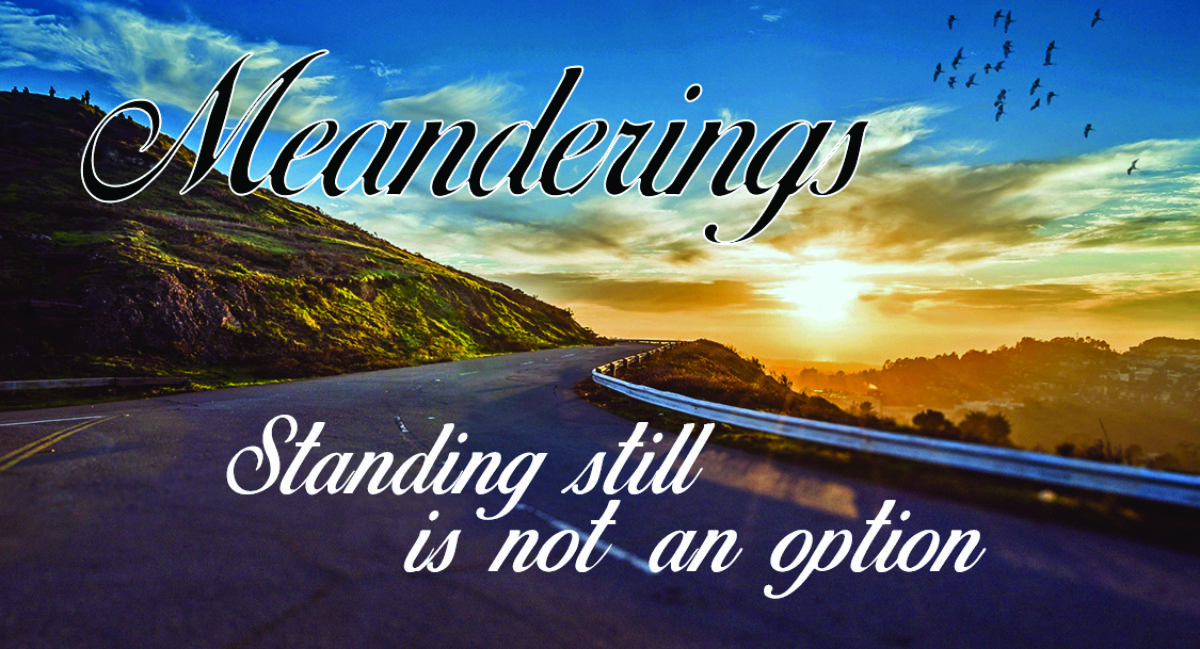Planning a surprise trip for your partner can be thrilling yet challenging. It requires a blend of careful planning and spontaneous adventure to create a memorable experience. This Meanderings guide explains how you can craft the perfect surprise getaway to delight your partner.
Balance Planning with Spontaneity
While meticulous planning is essential to ensure a smooth and enjoyable trip,
leaving some days unplanned can add a delightful element of surprise. This
flexibility lets you decide based on your mood and discover unexpected local treasures. You might stumble upon a charming café, a hidden beach, or a local
festival that wasn’t on your itinerary. These spontaneous moments often become the trip’s highlights, creating lasting memories that scripted plans might miss.
Invest in Comfort and Charm
Consider enhancing your travel experience with small luxuries. Upgrading your
seats for a long flight can make the journey more comfortable and less tiring.
Choosing accommodations with luxury or unique charm, such as a boutique
hotel or a quaint bed and breakfast, can elevate your stay. These small comforts
can significantly impact your overall experience, making the trip more special and thoughtful.
Create a Video for the Big Reveal
Crafting a video to unveil your surprise trip adds a deeply personal and thrilling
element to your announcement, making it unforgettable. Utilize a free video
maker to easily create videos capturing your planned journey’s essence. This
handy tool empowers you to add audio, adjust the speed, and animate elements,
enhancing the storytelling experience. Picture the delight as your partner
discovers each planned detail, their excitement growing with every scene.
Seek Out Unique Local Experiences
Exploring unique local experiences not typically found in guidebooks can add a
special touch to your trip. Whether it’s a cooking class with a local chef, a guided tour through an off-the-beaten-path neighborhood, or a workshop with local artisans, these activities provide a deeper connection to the destination. They offer an authentic glimpse into the local culture and allow you to create unique memories together.
Utilize Travel Apps and Tools
Travel apps and tools can make planning and executing your surprise trip
smoother. Apps for flight tracking, accommodation booking, and local
transportation can streamline your planning process. Additionally, apps that
provide restaurant recommendations, language translation, and currency conversion can be invaluable during your trip. Leveraging these tools helps
ensure a seamless and stress-free experience, allowing you to focus on enjoying the journey.
Balance Excitement with Relaxation
Incorporating relaxation into your trip is crucial to balance the excitement. Plan
for a spa day, a leisurely beach day, or a quiet nature retreat. These restful
moments provide an opportunity to unwind and recharge, ensuring that the trip isn’t just packed with activities but also offers time to relax and enjoy each
other’s company. This balance helps maintain a pleasant pace and prevents
burnout from too much excitement.
Opt for VIP Experiences
Look for VIP experiences, private viewings, or early access tickets to avoid
crowds and make the most of popular attractions. These options can transform
a typical sightseeing tour into an exclusive and intimate experience. Whether it’s a private museum tour, a VIP wine-tasting session, or early access to a famous landmark, these unique arrangements can make your trip feel even more extraordinary.
Add a Personalized Theme
A themed trip can add an extra layer of excitement and personalization. Whether following the trail of your partner’s favorite author, wine tasting across vineyards, diving into historical sites, or embarking on a culinary journey, a themed approach makes the trip more engaging and meaningful. This thoughtful touch shows that you’ve tried to tailor the experience to their interests and passions, making the trip unforgettable.
Planning the perfect surprise trip for your partner involves careful preparation
and spontaneous adventure. By balancing planned activities with unplanned
days, investing in comfort, seeking unique local experiences, using travel apps,
creating a memorable reveal video, incorporating relaxation, opting for VIP
experiences, and adding a personalized theme, you can craft a trip that will leave your partner feeling cherished and thrilled. This thoughtful approach guarantees the journey is as enjoyable as the destination, creating lasting memories for both of you.
This a guest post courtesy of Catherine Workman <cworkman@wellnessvoyager.com>
You may be more spontaneous and not much of planner but these tips will certainly come in handy when planning that special trip.






